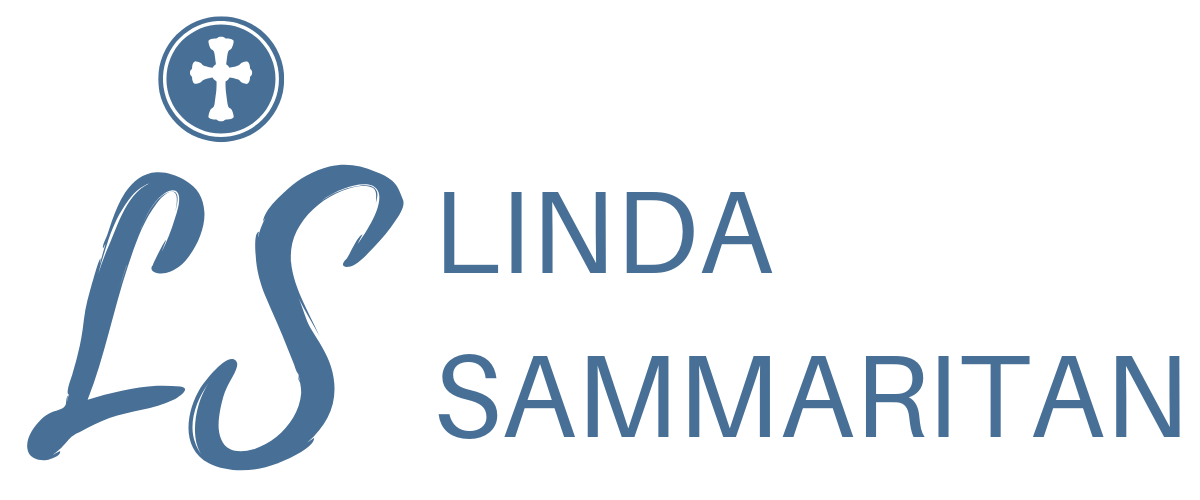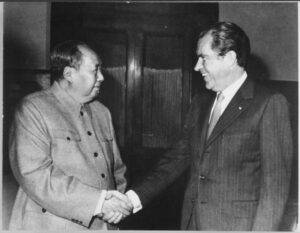A short recap of modern U.S.-China history:
The United States and China had been allies in World War II, but once the war was over, America offered friendship to Japan and helped them rebuild their devastated land. While Americans were aware of what our own POWs had endured in Japanese concentration camps, the Chinese population had suffered worse atrocities, and Japan never apologized. The people of China couldn’t understand why their American friends would forgive the enemy.
In post-war China, communist Mao Zedong rose to power. Civil war ensued between Mao and his forces and the Kuomintang led by Chiang Kai-shek. Chiang’s army retreated to the island of Formosa, now Taiwan, and stayed there, creating their own nation and vowing to regain all of China someday.
America sided with the Kuomintang for no other reason—I’ll take the liberty of simplifying the complexities—than the fact that Mao was a communist, and the world had watched more than enough brutality from Stalin and his predecessors in the Bolshevik Revolution.
The Cold War began in earnest.
Seeing how hungry Mao was for power and possessions, the U.S. refused to do business with China. An international boycott, so to speak.
As time went on, Mao did exactly what Americans were afraid he would do: force other nations in southeast Asia to become communist. He wanted Korea. He wanted Vietnam. He wanted Burma, Laos, Thailand, and Cambodia. He succeeded with five and a half out of seven. The Korean War ended in a stand-off, so half of the country is a free society with America standing guard to make sure it stays free, and the other half is totally dependent on China’s generosity. The only nation to maintain its independence from the communist threat is Thailand.
Not only did Mao grab power in those six nations, he beat down any opposition in his own country. The Cultural Revolution made sure no educated person was allowed to apply critical thinking on the job or at home.
Jump to 1972.
While still at war in Vietnam, President Nixon tried to sweeten the pot of détente by opening diplomatic relations with China. By offering the beginnings of friendship with the PRC, he forced the Soviet Union to understand it was now China and America vs. the USSR in the Cold War.
After Mao’s death and a turbulent fight for who would take power next, Deng Xiaoping came out on top as the Paramount Leader, meaning he held the most influence. However he did not hold an official title in the government. While he was a staunch communist in his own right, he eased off restrictions on his own people, trying to make amends for those who had been tortured and impoverished by Mao.
Americans hoped this kinder, gentler leadership would bring China to capitalism and freedom. See all the bright and shiny trinkets of the West? If the Chinese people could taste some wealth, they would want what America had, right? Right. Chinese leaders called it market socialism. They enjoyed trade with us, and the people got richer. But. No personal freedom allowed. Not with Mao. Not with Deng.
By 1989, college students and others grew restless.
They called for more rights like citizens of democratic nations enjoyed. Their protests culminated in the horror of Tiananmen Square as tanks rolled over anyone who got in their way.
The protesters gave up or were “re-educated.” They returned to jobs and classes and allowed market socialism to continue. Do what you’re told and live a comfortable life. Creativity? Frowned upon. Religious faith? Only if you believe what the state church tells you to believe.
I have a writer/teacher friend who visited China twice, once in 2005 and again in 2011. She stated, “On our first visit, the countryside welcomed us. People knew we were there to help their children succeed in the world. We’d often receive smiles and hear, ‘Hello, Meguaren’ or ‘Hello American.’
Six years later we returned. While our students and hosts were beyond gracious, we no longer heard, ‘Hello Meguaren’ on the streets.”*
What had changed?
The Chinese people felt cheated because the economic policies of the American administration in 2011 had devalued the dollar which meant that payments on our debts to China were in the correct dollar amount, but the benefits of those payments were worth less in the Chinese market. So, the yuan bought less than it had six years previously.
My friend also discovered that the younger generation completely believed what they had been taught—Taiwan should be part of the People’s Republic of China, and Japan was their enemy.
In the last twenty-five years, the British handed Hong Kong over to the PRC, Xi Jinping came to power in 2012, and the Chinese people are once again under the thumb of a vicious dictator. He’s charismatic, he’s smooth, and his ruthlessness entered the spotlight on the world stage as soon as covid-19 hit.
With Xi’s harsh regime, the Chinese people have realized they have no freedom. They were lulled into a doze during prosperous years, but imprisonment in their own homes due to the pandemic woke them up. Hundreds of thousands have left the Communist Party.
Meanwhile, Xi literally floats balloons and waits for reaction from the United States as he gauges his next move based on how weak or strong he believes our leadership to be.
Today, Marxism/Communism is rearing its ugly head in America.
Its adherents call it socialism. They say they know how to do it right this time.
It will never be right for a government to demand obedience in our thoughts and words. America has a Bill of Rights for that very reason.
Remember what has happened to China. We don’t want it to happen in the United States of America.
History Deleted Equals History Repeated.
*Posted on July 22, 2021 by Nancy E. Head





0 Comments